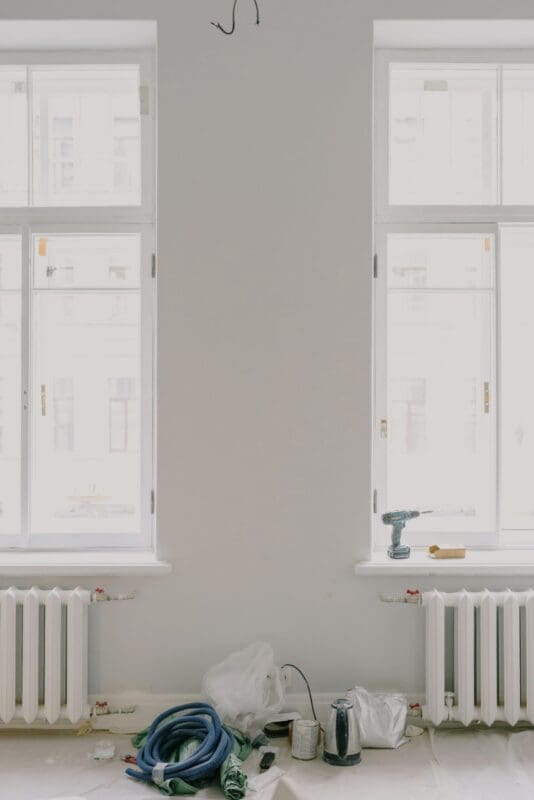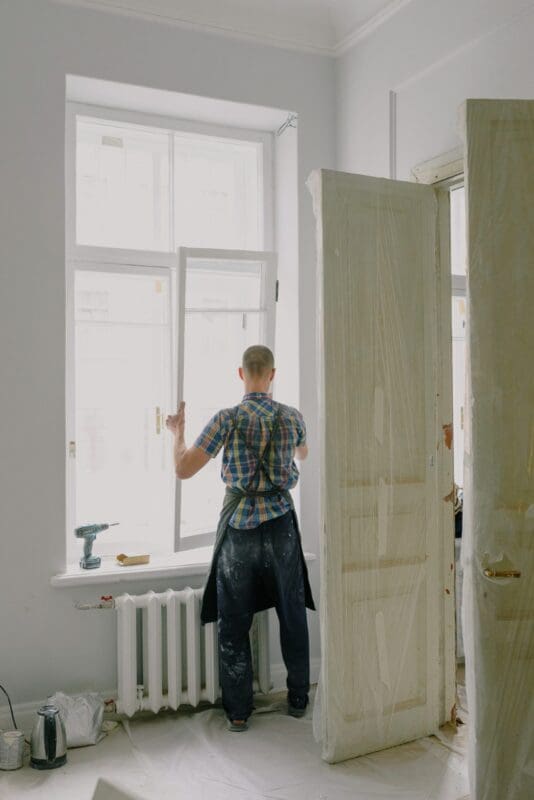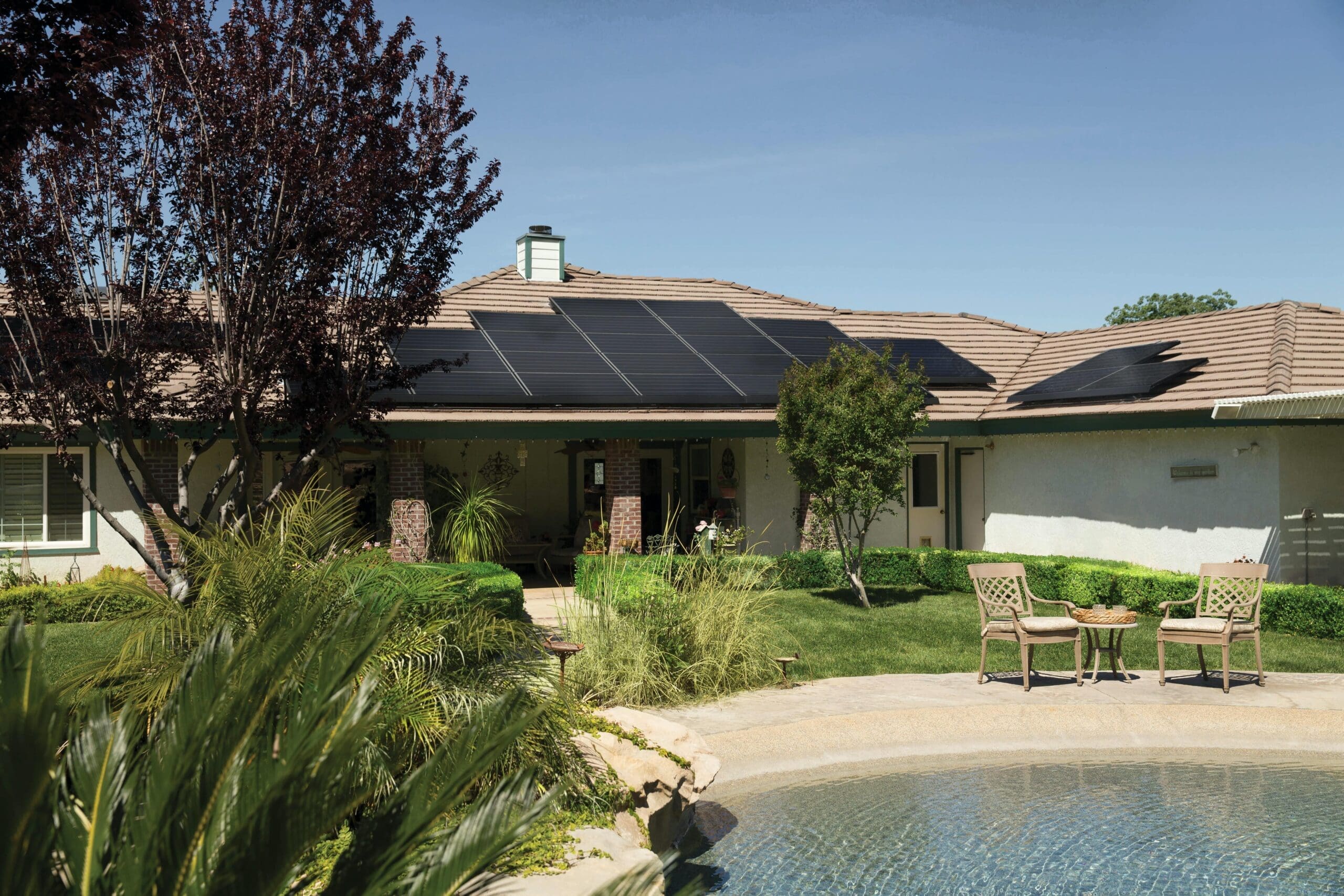When making the move to overhaul your heating system, keep in mind these four essential considerations. Upgrading your heating system is a daunting prospect, not least because of the initial cost. There are so many different options to consider, from simply updating old radiators to installing entirely new equipment, and with cost, efficiency, ease-of-use, and environmental impact to consider, it is hardly surprising that many stay stuck in a state of indecision when trying to improve their home heating system.
Although it is a complex challenge, there are many benefits to upgrading your heating system which make the process worthwhile. Greater efficiency means that you can heat your home using less gas and electricity. This leads to lower bills for you and a reduced carbon footprint. When making the move to overhaul your heating system, keep in mind these four essential considerations.
Size

The first factor to consider is size. How big is your property, and how many people live there? Some heating systems are only suited to small-scale operations, and vice versa. Be certain to choose a product that suits the space and demands of your home.
You should also consider how much room you have to store the boiler or alternative heating system and measure up carefully before booking the installation. Smaller households will benefit from efficient and compact combi boilers which are fast, functional, and easy to fit into a tight space.
Insulation

Generally, homes in the UK are poorly insulated. This means that even if you have an effective heating system you may not be heating your home efficiently. This is because most of the heat that is being generated is escaping through windows and walls. As such, you should take measures to ensure that your home is adequately insulated before you upgrade your heating system.
You can achieve this by draught-proofing your property, adding thick carpets and curtains, insulating your water pipes inside the walls, and double-glazing your windows.
In these cases, it’s also important of the type of heating you want for your home. People nowadays prefer a radiant heating system because it eliminates the worries of poor insulation and more. It works by heating surfaces and objects like the floor, walls, and furniture instead of just the air.
Environmental impact
As the majority of options are powered by gas or electricity, obviously your heating system impacts on the environment, and it has never been more important to start buying eco-friendly products. When you are organising your upgrade, keep in mind how sustainable the solution is.
There are plenty of alternatives to the traditional gas boiler-operated system. These include eco-friendly biomass boilers and solar thermal panels. A heat pump is another great choice for eco-conscious consumers. Although heat pumps remain relatively expensive, they are a key part of the UK’s commitment to reaching net zero carbon emissions by 2050.
Heating System Cost

Finally, you should consider costs before you make the final decision on upgrading your heating system. Remember to factor in long-term savings as well as the initial investment amount. A gas boiler will come with the lowest initial outlay. But in the long run you will likely be faced with high bills, particularly if there continues to be a global shortage of fuel. Contrastingly, eco alternatives will usually cost more to purchase and install but will prove to be a great money-saving investment over time. Ultimately, it comes down to your current financial situation.
Upgrading your heating system can lead to a cosier home while helping both your wallet and the planet. Follow these guidelines to make sure you find the best option for you and your property.




























